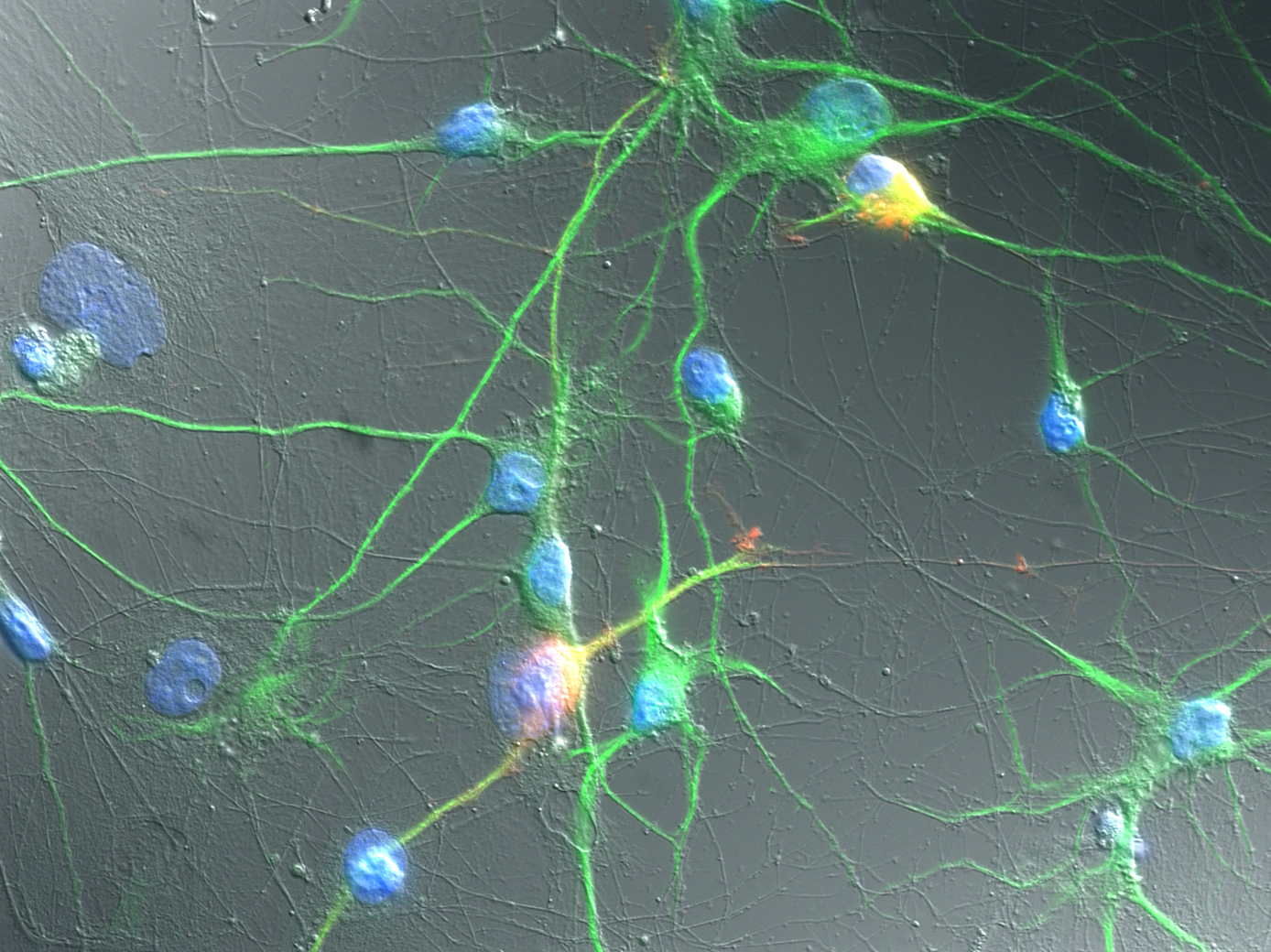Therapy sessions aim to help MBAs become better leaders

Every Saturday, MBA students at Switzerland’s International Institute for Management Development (IMD) in Lausanne have an hour-long one-on-one session with a psychotherapist.
There are no couches in the rooms used for therapy, but Janet Hewetson, who runs this personal development elective (PDE), makes the space less formal. She pushes the white table normally separating students and professors to one side. Instead, they sit face to face near a board on which they can draw – one of a number of techniques used to express feelings within the session.

“Life here is fast paced,” Hewetson says. “The PDE is an opportunity for students to really pull out of the bubble and get some perspective to relate to themselves and others. It’s an opportunity to switch rhythms from an outward-directed, linear, performance-focused perspective and get practice in slowing down, being reflective and checking in with themselves.”
Courses in leadership with practical support from mentors and career counsellors are now standard at business schools. But IMD has been offering the PDE programme for 20 years, long before most business schools realised the importance of “soft skills”.
And even in today’s environment, its offer of regular consultations with Jungian analysts trained at the CG Jung Institute or the International School of Analytical Psychology Zurich is still exceptional.
These sessions are very different from the rest of IMD’s MBA programme. They probe personal and professional backgrounds and concerns through an initial written autobiography. The discussions are supported by a variety of techniques, from dream interpretation to word association, and use a range of therapeutic approaches. Students are encouraged to talk in complete confidence and not share their experiences with others.
Hewetson points to a picture of an iceberg floating largely submerged on a dark blue sea, which she uses to explain the extent of experiences beyond the conscious mind. “Most students are not aware of the unconscious,” she says. “I talk about dreams and ask them about their priorities and how they would like to use our time. The psyche knows, and what’s important leads the way.”
‘Woody Allen land’
When IMD started the PDE programme two decades ago, it was the idea of Jack Wood, a former US Air Force officer, who joined IMD to teach leadership. “The role of unconscious processes had become clear to me from graduate school and my military training,” he says. “Companies love competences but in some contexts your actions are a function of the system you are working in.”
IMD’s leadership training at that time was provided by mountain guides whose approach was “follow me up the hill, the leader is the one at the front”; and by human resource managers who “ended up colluding unconsciously with participants”.
Wood wanted leadership to be taught by “people with psychological insight, who could read the agenda on and under the table and ask students about their feelings”. At the time, he was also studying at the Jung Institute and came up with a plan for teaching the MBA students in a way that would suit both institutions. IMD would offer them 20 therapy sessions, conducted by psychoanalysts from the institute, who needed practical experience to complete their training.
He overcame IMD’s initial concerns over the rationale and cost and designed a course which drew on the Jungian tradition as well as other schools of analysis. Participation was voluntary, but soon nearly all students were taking part and few dropped out.
Today, support for the programme, which is still optional, permeates the faculty. “We don’t have this tradition in India – we weren’t living in ‘Woody Allen land’,” says Anand Narasimhan, IMD’s dean of faculty and research. “There was no self-examination: we were socialised into the idea of an uncomplicated and highly defended idea of the hard-working father and devoted mother. It was avoidance.”
Work/life balance
Peter Yorke, vice-president and general manager at P&G Feminine Care, who graduated from IMD in 2002, says: “It forced me to think about the way I behave and look at others in a much more profound way than I’d thought about before. I realised we all have slightly different ways of doing things, that culture impacts leadership style and you have to take a step back at the start of an assignment to try to map out people’s motivations and fears.”
He recently resigned from his longstanding employer because he did not want to raise his children in the Gulf. “The PDE had a very profound effect on work/life balance and has given me a really good compass to sort through the most important things in my career and personal life,” he says.
Sean Meehan, dean of the MBA programme, says: “Students have better discussions about what to do next, resolution around dual careers with their spouse, and whether to take a great job in a non-sexy location. It prepares you for anything.”
He adds that IMD’s small class size of 90 and proximity to the two Jungian institutes gives it “an opportunity to differentiate: we can offer it to 90. Where [at a larger business school] would you find the analysts for 600?”
Not classic psychotherapy
Graduates also report that the programme enabled them to reflect more clearly on their management styles and behavioural tendencies.
Gráinne Moss, chief executive of New Zealand’s ministry for children, who was at IMD in 2002, says: “We might like to think we are amazing managers, but ultimately we all have our preconceived ideas and personal experiences. We need to understand what is pushing our buttons and to disaggregate what is the right thing for the customer, the client and the business versus for us. The PDE was incredibly helpful for that.”
IMD’s course is not classic psychotherapy – it is limited in duration and the clients do not present with a perceived problem for treatment. But Hewetson is positive about the benefits for the analysts as well as for the students and she sees the potential for broader applications.
“Perhaps in the future we will find increasing roles [for analysts] in institutions,” she says.
Copyright The Financial Times Limited 2019

In compliance with the JTI standards
More: SWI swissinfo.ch certified by the Journalism Trust Initiative











You can find an overview of ongoing debates with our journalists here . Please join us!
If you want to start a conversation about a topic raised in this article or want to report factual errors, email us at english@swissinfo.ch.